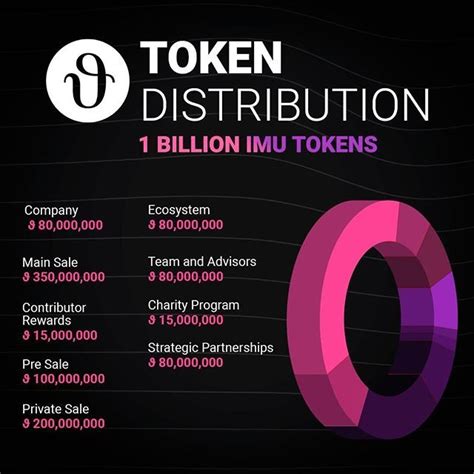The Transaction Fee Conundrum: Assessing the Viability of Bitcoin vs. the Transaction Fee Conundrum. Ethereum
Bitcoin has long been touted as the most viable cryptocurrency due to its scarcity and limited supply, which in turn increases its value. One factor that has sparked debate among cryptocurrency enthusiasts is the transaction fee of Bitcoin (BTC) versus Ethereum (ETH). In this article, we’ll delve into the details of the transaction fees for both Bitcoin and Ethereum and examine whether they offer viable alternatives to Bitcoin.
Transaction Fees: A Growing Concern
Transaction fees are a key aspect of any cryptocurrency ecosystem. They determine how much users pay for each transaction, influencing adoption rates and usage patterns. In general, transaction fees are higher for smaller cryptocurrencies like Bitcoin compared to larger ones like Ethereum.
On average, Bitcoin transaction fees range from 0.0004-0.001 BTC per transfer, with some transactions costing as much as $10-20. Ethereum transaction fees, on the other hand, are significantly lower, ranging from 0.0005-1.5 ETH per transaction. This difference has raised concerns among users who want to make frequent transactions without incurring excessive costs.
Ethereum’s Lower Transaction Fees: A Key Differentiator

One of the main reasons for Ethereum’s higher adoption rate is its relatively low transaction fee compared to Bitcoin. According to data from CoinMarketCap, the average transaction fee on Ethereum has decreased significantly over the past few years. In 2020, the average transaction fee will be around $1.50 ETH, while in 2022 it will drop to around $0.15 ETH.
This fee reduction is partly due to several factors:
- Increased network congestion: As more users join the Ethereum ecosystem, the network becomes increasingly congested, leading to longer transaction times and higher fees.
- Scalability improvements: The Ethereum core team is working tirelessly to improve scalability and usability, making it easier for users to perform frequent transactions without excessive costs.
- Reduced gas fees: By implementing various gas-based mechanisms such as the EVM (Ethereum Virtual Machine), developers have been able to significantly reduce transaction fees.
Is Ethereum a viable alternative?
While Bitcoin’s higher transaction fees may seem like an inferior choice for frequent transactions, Ethereum offers several advantages:
- Lower fees: As mentioned earlier, transaction fees on Ethereum are significantly lower than those on Bitcoin.
- Increased Adoption
: With its relatively low transaction fees and seamless user experience, Ethereum has become a more attractive option for users who value convenience over high fees.
- Improved Scalability: The Ethereum core team continues to work on improving the scalability and usability of the network, making it easier for users to make frequent transactions without incurring excessive costs.
In conclusion, while Bitcoin’s higher transaction fees may seem like a significant drawback, they are not necessarily a deal-breaker. Ethereum, with its relatively low fees and increased adoption, offers several advantages that make it an attractive option for frequent transactions. As the cryptocurrency landscape continues to evolve, it will be exciting to watch how both platforms adapt and improve their services.








